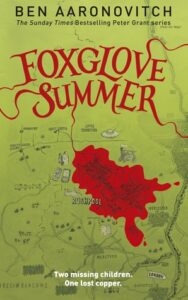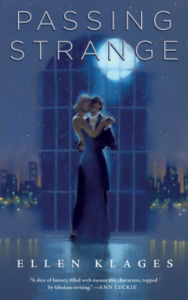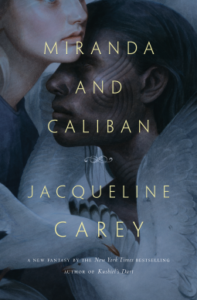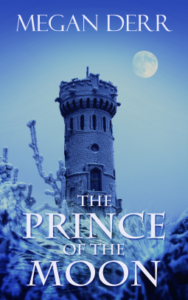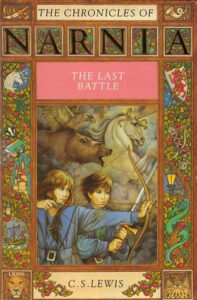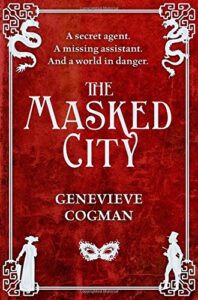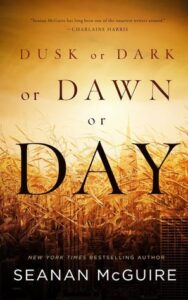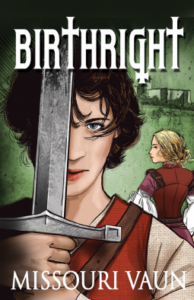 Birthright, Missouri Vaun
Birthright, Missouri Vaun
Received to review via Netgalley; publication date 14th February 2017
Birthright is a fun, fast-moving story of a sort typical in fantasy: the lost heir to a throne taken by a tyrant. And this version is a fun example of the genre, with strong female characters coming out of your ears — and falling in love with each other, too. The love story is at least as important to the plot as the lost heir, which is worth keeping in mind; it motivates the way the end of the story shakes out, and takes up a good amount of the narration. I enjoyed that though Aiden is boyish and Kathryn more feminine, there’s no stereotyping — both can fight, both can rule, both know what they’re doing.
There are a couple of moments where I felt things rushed by a little too fast — the connection between the two characters grows very quickly in just a couple of scenes — and where I’d have liked a bit more depth, like the characters of Frost and of Gareth, or even Rowan. Without more background, for example, Kathryn’s jealous moment made little sense, especially since how we got to that moment felt a little contrived.
Nonetheless, it’s fun and has a happy ever after, and I’d definitely recommend it to people looking for lesbian fantasy.

